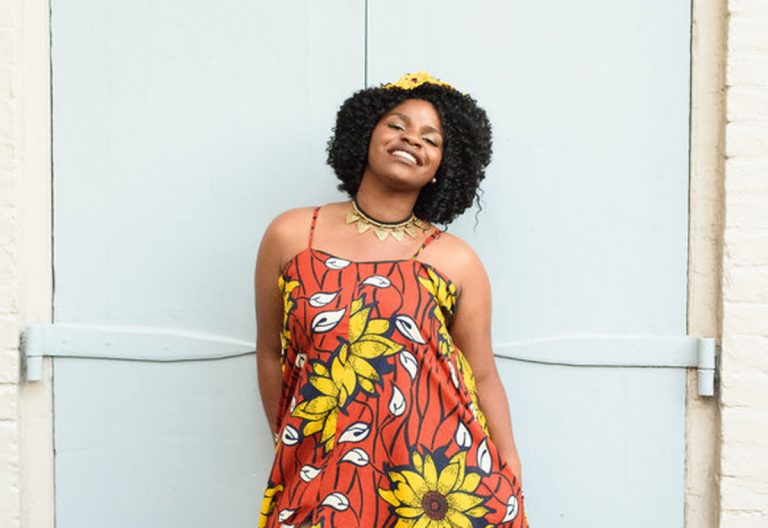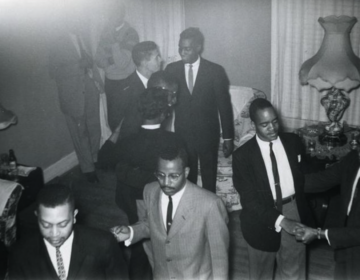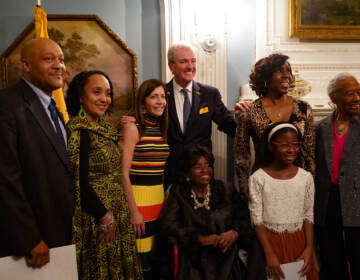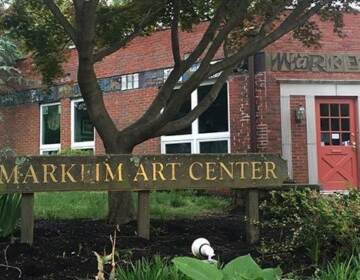How ‘Black History Untold’ empowered its creator
Journalist and storyteller Sofiya Ballin says her identity series “Black History Untold” is more than a black history project.
Listen 5:51
Journalist and storyteller Sofiya Ballin (Courtesy of George Alexander)
Journalist and storyteller Sofiya Ballin says her identity series “Black History Untold,” which explores the black experience through personal essays, is more than a black history project.
So much more.
“The stories,” she says, “save my life.”
She gets emotional when she says this. That’s because last year, the 25-year-old took a gigantic leap of faith, leaving Philly.com to pursue “Black History Untold” independently, to have all of the creative control.
Ballin admits it hasn’t been easy. There have been down times.
But then, she’ll read an essay and be uplifted.
Each year’s project has a theme. In 2016, the first year of “Black History Untold,” the essays focused on identity. Last year, joy. And this year, the theme is the future.
“After our current president was elected, I began thinking what this means for communities of color going forward,” Ballin said. “Afrofuturism is something I had to know more about, but I didn’t know how to wrap my mind around it. Then I realized it was the language that was tripping me up. Afrofuturism is literally whatever you imagine it is.”
Featured in this year’s installment are 30 artists, politicians, and activists, all sharing their view of the future for black people. They include Philadelphia City Councilwoman Cindy Bass; hip-hop entrepreneur Tayyib Smith; attorney and Afrofuturist Rasheedah Phillips; and filmmaker Louis Massiah.
Ballin grew up in a vibrant, Jamaican-American household that was unapologetically black. She says she wanted to tell nuanced stories that reflected her black pride, not the same Martin Luther King, Rosa Parks, Malcolm X tropes that schools tend to drag out every February like so many artificial Christmas trees.
This year’s essays have allowed her to see her own future, as well as the future of the project — and both look bright.
“To have people say blackness looks like ownership, it looks like liberation, it looks like freedom — it’s empowering for me,” she said.
To hear the full conversation, listen to the audio above.
WHYY is your source for fact-based, in-depth journalism and information. As a nonprofit organization, we rely on financial support from readers like you. Please give today.




